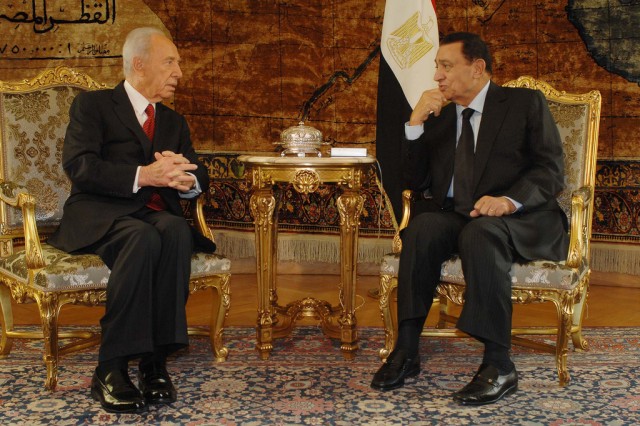
In Squaring Off, Zócalo invites authors into the public square to answer five questions about the essence of their books. For this round, we pose questions to Donna Hicks, author of Dignity: The Essential Role It Plays in Resolving Conflict.
Dignity is a powerful force in human relationships, but it’s often overlooked as a source of conflict-and potential resolution. Hicks, an international conflict resolution expert, believes that disagreements both personal and political often rise out of dignity violations, and that a new dignity model-wherein people treat others first and foremost with dignity-can make for a better world.
1) A number of elements of your dignity model will feel familiar to anyone who has had a religious education. How is the dignity model different from the Judeo-Christian exhortation to love your fellow man?

The difference between the religious approach and the dignity model is that I have used state-of-the-art research in the fields of neuroscience, evolutionary biology and psychology, and conflict resolution to support my claims. What is similar in both is the argument for “loving your fellow man,” but the difference is in explaining what happens when we do not, from a scientific perspective. I am saying we’d better treat one another in a way that honors the value and worth of all peoples because the consequences of not doing so are not that appealing to any of us: divorce, wars, revolutions, and people who are living in a state of self-doubt and inner turmoil. Dignity violations are an instant trigger to our hardwired, defensive reaction to protect ourselves, and that often manifests in violent ways. If we want to reduce violence in the world then we’d be wise to get better at loving one another.
2) But what about loving ourselves? Is there something to be said not just for treating others with dignity but also for increasing our own sense of self-worth, so that we’ll be able to respond better when our dignity is violated?
Recognizing and accepting our own value and worth-accepting that we are not only valuable but invaluable, priceless, and irreplaceable, is where the practice of dignity begins. We have no trouble seeing this when a baby is born. We handle it as if it were the most precious thing in the world. But something happens along the way of our development that makes us forget the truth of our worth. The challenges of existence are stronger than that primal love we enter the world with, and we end up becoming wounded in the process. And when we are wounded as children, we grow up thinking that there is something wrong with us, not that something wrong happened to us. It is the task of each and every one of us to reclaim that primal love (dignity) that is the glue that holds us together as individuals and keeps us connected in a respectful way to one another. No need to separate self-love from the love of others. It’s all the same.
3) Your book is full of incredible stories of individuals making peace with one another amid intense conflict-Israelis and Palestinians, Northern Irish and British-at your workshops. But how do you think the dignity model can be scaled up, so that whole nations can make peace with one another?

For whole nations to make peace with one another would require a systemic intervention. It would have to be taught in schools and the entire society would have to commit to a set of “rules of engagement,” not unlike laws, that everyone would agree to follow. One of the problems with working with small groups of people is the issue of transfer of the experience to others. I hate to say it, but I believe that we have to learn, one by one, how to make dignity a way of life. I do think it can happen. I’m optimistic that the human species will evolve into a more dignified way of being together. First is to recognize that we have a problem, then feel confident that we know what to do about it. I’m betting on dignity education as good place to start.
4) But isn’t a “rules of engagement” for dignity somewhat idealistic? Can people always be their best selves, and treat others with dignity-even in the heat of the moment, when their own sense of dignity is being violated?
Idealistic only if you assume that the rules do not take into account our hardwired, self-preservation instincts. The best we can hope for is that dignity training will help us recognize that we indeed have these predispositions to do harm to others when they do harm to us. I am not naive in thinking that the rules would tame our inner warriors. What we want is to learn how to restrain them; how to convince them that we can do better than fighting it out and we can do it with dignity.
5) What role does dignity play in those conflicts that can’t be resolved-from a couple that divorces to a nation that must be split in two?
Dignity plays a role in everything. It’s not something to be turned on and off. It is especially important not to justify treating others badly when there are irreconcilable differences, because we end up violating not only the dignity of our “enemy” but also our own. As righteous as we may feel about our own position, dehumanizing those we disagree with is an act of indignity. We may not be able to see it, but others do. And if we were wise, we’d listen to the feedback of trusted others when we start down that path of self-righteousness. There are rarely innocent victims in failed relationships.
Buy the book: Skylight Books, Powell’s, Amazon
*Photo courtesy of IsraelMFA.



